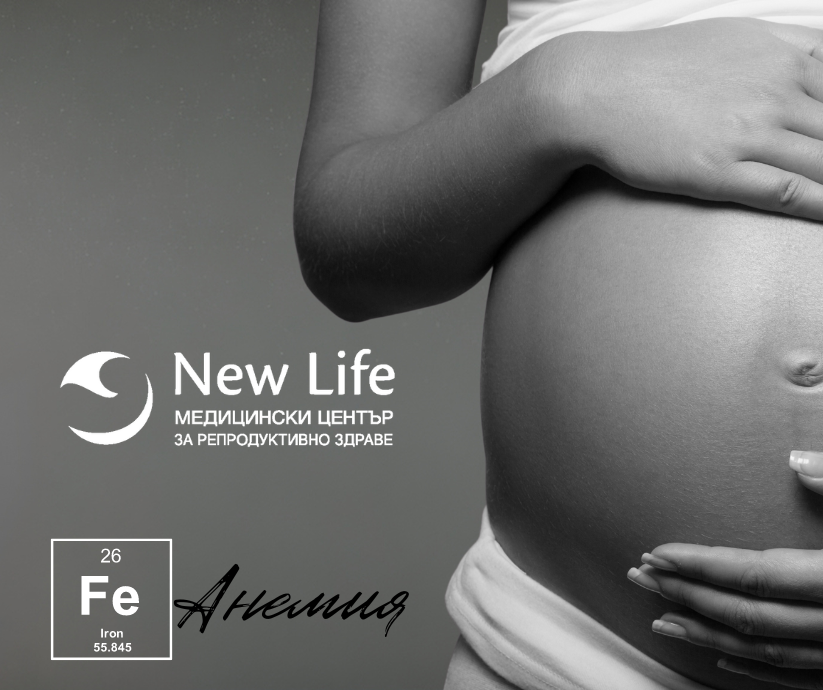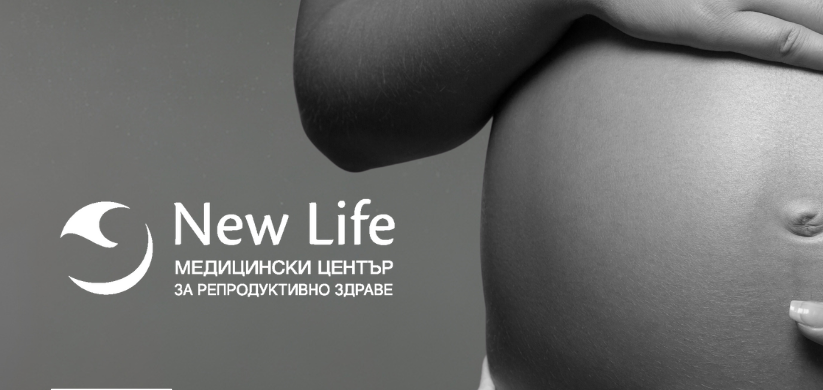Iron deficiency anemia is a common condition worldwide, especially among women of childbearing age. When combined with pregnancy, the consequences become even more significant.
Iron plays a key role in the production of hemoglobin, the protein in red blood cells responsible for transporting oxygen throughout the body. During pregnancy, iron needs increase significantly to support fetal growth and development. In addition, blood volume increases during pregnancy, which necessitates the production of more erythrocytes. When iron stores are insufficient, this process is disrupted and this leads to iron deficiency anemia.
CAUSES
Several factors contribute to the development of iron deficiency anemia during pregnancy. These include insufficient dietary iron intake, increased iron requirements due to the growing fetus, and poor absorption of dietary iron. Women who have had heavy menstrual bleeding before pregnancy are at a higher risk of developing anemia.
SYMPTOMS
Symptoms of this condition can range from mild to severe and may include fatigue, weakness, pale skin, shortness of breath, dizziness, and a rapid heart rate. These symptoms often occur in healthy pregnant women. Your doctor’s task is to assess whether you may be anemic in order to prevent possible complications.
Pregnant women with iron-deficiency anemia are at higher risk of complications such as preterm birth (before 37 years), low birth weight, and postpartum hemorrhage.
PREVENTION AND TREATMENT
Prenatal vitamins are routinely prescribed to pregnant women and usually contain enough iron to prevent anemia. However, you should not forget to consume iron-rich foods such as red meat, chicken, fish, beans, lentils, green leafy vegetables and fortified cereals. The absorption of iron from plant sources is higher when combined with foods rich in vitamin C, for example citrus, tomatoes or peppers.
In more severe cases, a balanced diet and vitamins may not be enough. Then additional iron medications can be prescribed in the form of tablets or intravenous infusions.
Not skipping your yearly check-ups, as well as your prenatal appointments help your medical provider diagnose and treat iron deficiency anemia early, which can significantly improve your general health and reduce the risk of complications during pregnancy.










